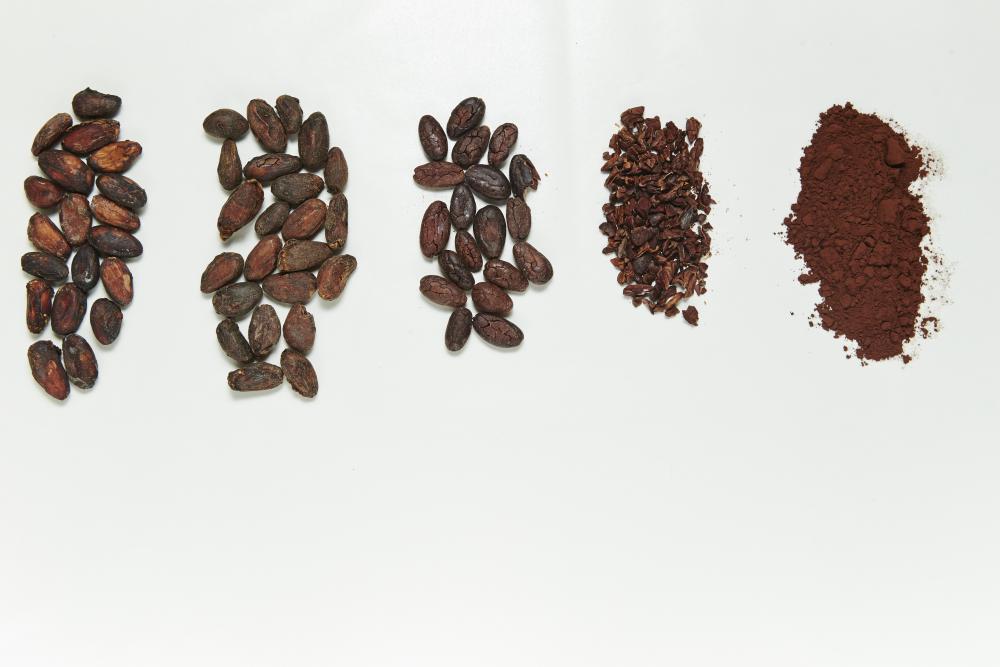2 min Read
Chocolate is one of the most sought-after treats around the globe. In the time you take to read this line, more than 100 pounds of it will have been consumed in the United States alone.
It's no wonder, then, that there's a World Chocolate Day. On July 7th, growers, processors, plant scientists and consumers alike will celebrate the strange and wonderful world of chocolate production and consumption.
It's a taste we all love. But, over the last few decades, significant shadows have darkened the chocolate story. Despite surging demand, it's just hard to grow cacao trees. They can only be cultivated within humid climates close to the earth's equator. Most of the chocolate we consume today comes from just a few countries—Côte d’Ivoire, Ghana, and Indonesia.
And, in fact, the very conditions that favor cacao trees also bring forth blights and fungi that can—and do—routinely devastate cacao harvests. Year after year, diseases destroy 20 to 30 percent of the world's cacao crop. Climate change has only exacerbated concerns surrounding blight and sustainability.
Plant scientists have been on these problems for years, doing the slow, tedious crossbreeding that they hoped would lead to more disease resistant varieties and higher yields.
But now, advances in gene editing—the new world of CRISPR-Cas9 genetic innovations—radically cut the time it takes to create and test new varieties. What used to take years, now can be accomplished in months.
Scientists got a huge leg up in 2010 when the U.S. Department of Agriculture, in partnership with Mars Inc. —the maker of M&M's, Snicker's, and Twix—made the genome sequence for the cacao tree freely available to the world.
With that "map", deep knowledge of DNA processes and CRISPR tools, research took off. Now the goal of disease-resistant cacao trees and higher yields is well within reach—achieved with fewer fertilizers, herbicides, or additional water or land inputs.
We all benefit from such advancements. Producers experience more stable incomes as the crop grows more reliably and sustainably. Processors jump with ideas to market tongue-tingling packages of afternoon delights. Consumers gain access to a less restricted supply.
So, on July 7, be sure to pay your respects to World Chocolate Day by sneaking in a few bites of your favorite bar. And, as you do, rest assured that plant scientists are relentlessly pursuing ways to ensure the indulgence bests the climate challenges wrought by today and tomorrow.


